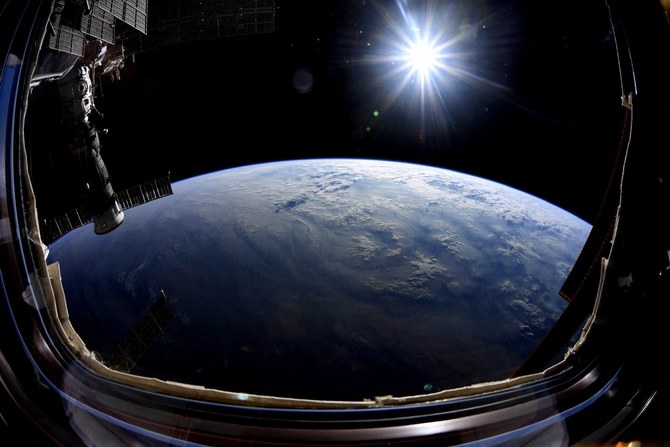
DUBAI — The global halal economy is estimated to be worth $3.2 trillion by 2024, according to the newly launched second edition of the Halal Guidebook. The guidebook unveils key trends that will have a lasting impact on the regional economy and assists in providing a clear picture of the international and national Islamic economy.
According to the State of the Global Islamic Economy report 2019/20, the Islamic economy was valued at $2.2 trillion in 2018, which accounts for 12 percent of the global spend in the food, pharmaceutical, and lifestyle sectors. The spending power has also witnessed a significant increase and is set to grow by 6.2 percent compound annual growth rate.
Ranking first in the guidebook is the food and beverage industry, with a total estimated value of around $1.4 trillion, the sector is expected to grow to near $2 trillion by 2021. Modest fashion is the second most popular sector, valued at $283 billion. Islamic-themed media, halal pharmaceuticals, and halal cosmetics have also been identified by the guidebook as key players in the economy.
Launched in 2017, the first edition of the guide has proven to be an asset in achieving the long-term plans for the halal economy sought out by local and regional leadership.
The second edition of the guidebook outlines halal Islamic economy growth opportunities, including its enabling ecosystem, halal trade flow, and the halal certification and compliance process.
The guidebook also outlines the extent to which the halal sector has been affected by the intensified measures aimed at combating COVID-19.
Within the halal economy, the most challenged sectors have been travel, Islamic finance, and modest fashion while media and recreation provide strong opportunities. The food supply chain has also been severely disrupted but was quickly met with resilience from the halal market economies that have consistently focused on bringing the supply chain closer to home by either investing in domestic production or finding closer regional supply chain partners.












